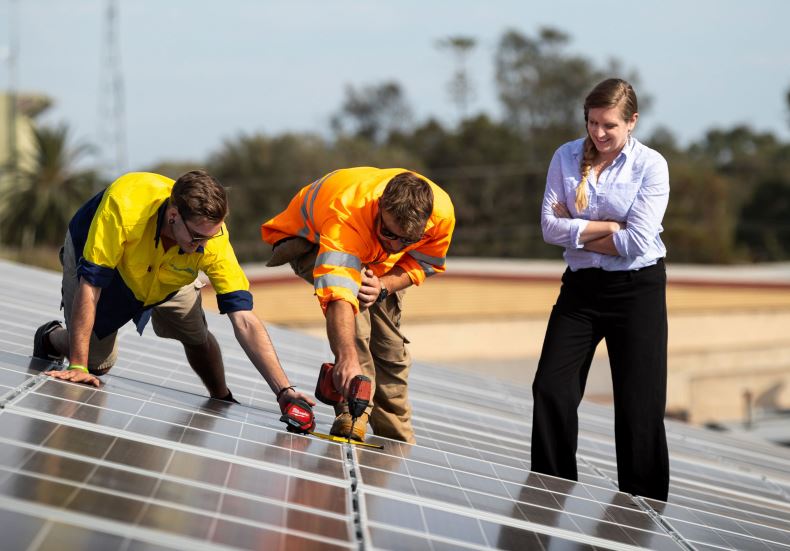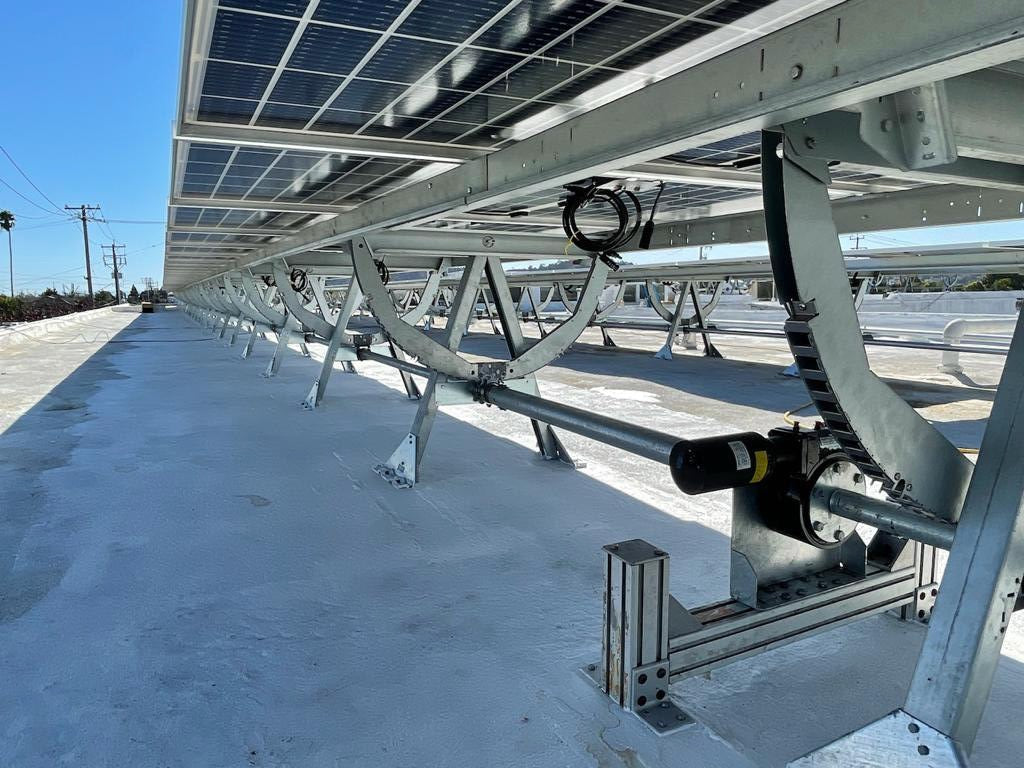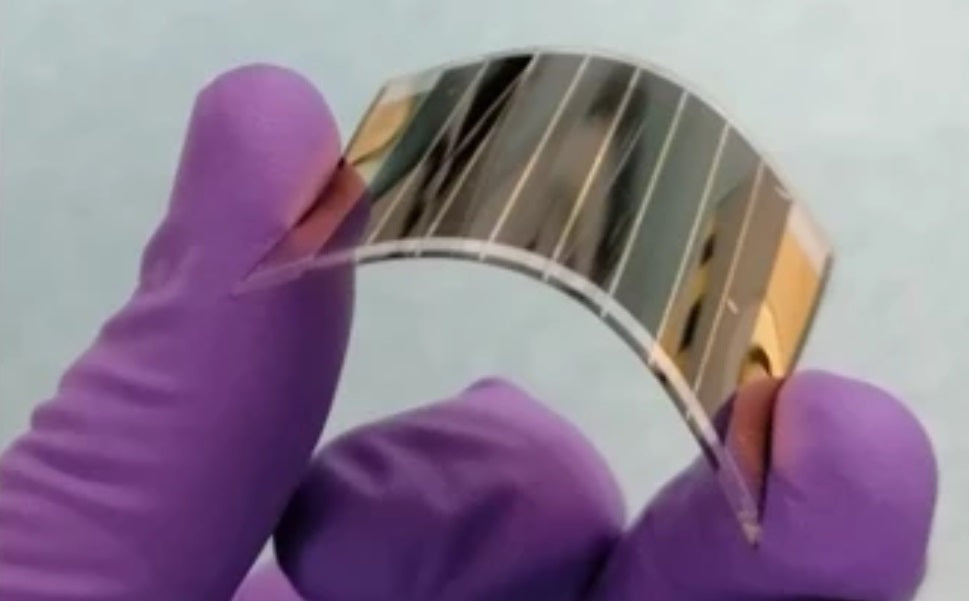
The ACF analysis shows rooftop solar is the big winner when it comes to jobs creation.
Image: James Thomas/ACF
Commonwealth government agency the Clean Energy Regulator this morning held a webinar outlining more changes coming up for Australia’s solar industry which it says are designed to ensure integrity. The second round of changes involve two main prongs: industry accreditations and product approval lists.
Formerly, industry body the Clean Energy Council (CEC) has been in charge of both of these aspects of the small-scale renewable energy scheme (SRES), essentially Australia’s federal solar rebate program, and it will remain in that role for the time being.
However, after taking over some of the CEC’s roles to become the sole regulator of the SRES last year, the government-run Clean Energy Regulator is now planning to offload more of the Council’s responsibilities.
This, it noted, is being done in accordance with the amendments passed into law last year as a result of the government’s Integrity Review of the Rooftop Solar PV Sector.
Basically, in future, installers and designers will (probably) no longer be CEC accredited, but rather that accreditation and the little stamp that comes with it will be from a different body, or bodies potentially. Whether CEC will still be folks publishing the lists of panels and inverters those installers can use is still to be decided, but the Regulator is encouraging the industry to let them know their thoughts on this, holding consultations until the end of the year.
Solar designer and installer accreditation management
Sometime between this Friday and March 31, 2023, the Regulator will open up applications to decide who will take over responsibility for solar accreditations.
It seems unlikely the Regulator will be opening the market for that in the next few weeks though, as it appears to still be in the process of drawing up the rules and framework any body pursuing that role would need to work within.
Which is kind of the thing here: while a separate organisation would manage the scheme, including running the processes involved with gaining accreditation and making that list public, they would be working within a guidance set by the Regulator.
The Regulator said they have opted for this design to ensure integrity without them needing to actually manage the scheme itself, AKA hiring staff and all the hassle that goes along with management.
Rather, the Regulator will award a contract to the successful applicant or applicants, noting during the webinar that it does not expect ongoing fees to be part of that arrangement.
It’s worth noting that technically, CEC could win back the contract with the Regulator, in which case it would continue in its role as accreditation manager.
However, the Regulator has flagged its openness to awarding the contract to several different bodies – a pathway which could create competitiveness and lower costs, Jessica Edwards, The Regulator’s SRES Reform manager said during the webinar.
The Regulator wouldn’t give any firm date on when it plans to open applications, but it did note the application period will last three months and it included what kind of information it expects organisations to include in applications (slide below).

Coming back to the Regulator finalising the rules and framework for accreditation, Edwards said her team is particularly “keen” to engage with state and territory electrical safety regulators while they are in this process (so, right now), because there are intersections between the federal SRES scheme and electrical standards put in place by states and territories.
“It is especially helpful for us to understand further details on the interconnections between their roles and responsibilities and the solar accreditation framework that we will be setting,” Edwards said.
Specifically, the Regulator is interested in how elements of the current SRES framework, like mandatory solar installer onsite attendance, the number of installs completed by accredited installers per day, solar array to inverter ratios, which are technically additional to electrical standards but which impact STC eligibility, could be better arranged.
Approved panel and inverter equipment listings
The second component is whether the body responsible for listing approved solar panels and inverters should change. Unlike the accreditation changes, this remains a big ‘if’.
That is, the Regulator is not yet sure if CEC should continue in this role and is currently seeking the solar industry’s opinions on this issue until the end of the year.

Since it is currently very focussed on consultation, speakers from the Regulator were hesitant to confirm whether, if another body were to take over this role, it would involve actually choosing which equipment gained approval and running tests, or whether it would simply involve publishing and keeping these product lists up to date.
“It wouldn’t be fair for us to preempt any of those details,” Edwards noted, which neither confirm nor denies how expansive the scope of the role could be.
The consultation period for approved equipment lists will remain open until January 1, 2023. This process, the Regulator said, will inform whether it approaches the market to take over this role, but if industry stakeholders are happy with CEC’s work, it will continue.
Batteries in question
Holding a question and answer session during the webinar, a number of viewers asked the Regulator whether the approved equipment listings would include batteries. The short answer is no.
Since batteries currently do not fall under the SRES scheme, and are therefore not eligible for rebates in the form of STCs, the listing would exclusively cover solar modules and inverters.
The Regulators did, however, note that it does keep voluntary records on batteries and indicated it would probably continue to do so.
Recap of changes introduced in April
The first round of changes to Australia’s SRES scheme were introduced by the Regular this April. They involved minor modifications for installers and manufacturers, with the biggest impacts felt among retailers.
That is, from April solar retailers need to make formal declarations that every system it sells is going to perform as promised and meet standards when filing for STCs. There were also changes to the written paperwork for installers, though they amount to small changes like including photographic evidence of being on site.
The changes also saw a new requirement for all solar panels and inverters to have their serial numbers recorded in a Clean Energy Regulator ledger.
This content is protected by copyright and may not be reused. If you want to cooperate with us and would like to reuse some of our content, please contact: editors@pv-magazine.com.




